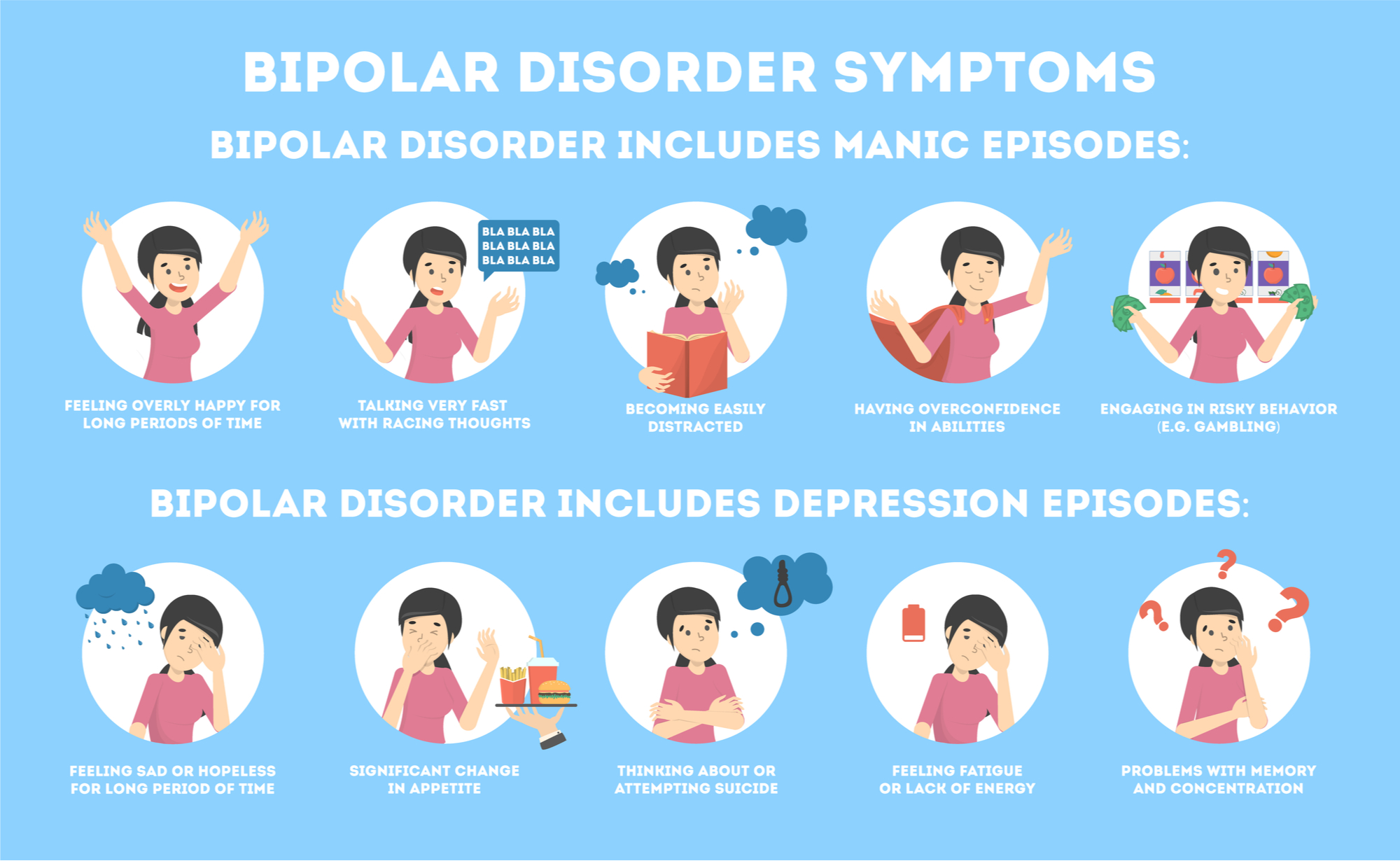

Second-line treatment involves switching or augmentation of these interventions based on initial patient response ( Kennedy et al., 2016 Parikh et al., 2016 Park & Zarate, 2019). First-line standard of care includes pharmacotherapy and/or non-pharmacological treatment (NPT), especially cognitive behavioral therapy (CBT) or interpersonal therapy (IPT) ( Guidi & Fava, 2021 Kennedy et al., 2016 Parikh et al., 2016 Park & Zarate, 2019). As such, MDD is considered a serious public health issue ( Diseases & Injuries, 2020).Ĭurrent MDD treatment selection relies mainly on symptom examination. Associated with elevated treatment resistance and recurrence rates, MDD has been linked to poorer quality of life, comorbidity with chronic medical diseases, increased medical costs, as well as a heightened risk of suicide ( Dong et al., 2019 Gold et al., 2020 Johnston et al., 2019). Major depressive disorder (MDD) is a prevalent mood disorder and one of the leading causes of disability-adjusted life-years worldwide ( Diseases & Injuries, 2020). NTFs are candidate biomarkers to fine-tune NIBS for MDD treatment. Furthermore, non-invasive brain stimulation interventions significantly increased the expression of neurotrophic factors (NTFs) compared to sham/placebo, regardless of add-on pharmacological treatment. Although there was little consensus associating molecular biomarker levels with symptomology and/or treatment response, brain metabolites accessed via molecular biomarker-focused neuroimaging techniques may provide promising information on whether an individual with MDD would respond positively to NPTs. Resultsįrom 1387 retrieved articles, 17 and six studies were included in the systematic review and meta-analyses, respectively. Searches were performed in PubMed, Scopus, and PsycINFO in October 2020 and July 2021. We performed a systematic review and a multilevel linear mixed-effects meta-analyses, and a meta-regression. This review aims to identify molecular biomarkers that may elucidate NPT response for MDD. However, little is known regarding the effect of non-pharmacological treatments (NPTs) on candidate molecular biomarker levels in MDD. Better understanding the biological mechanism(s) underlying clinical response to specific psychopharmacological interventions may help fine tune treatments in order to further modulate their underlying mechanisms of action. Despite treatment advances, approximately 30% of individuals with MDD do not achieve adequate clinical response. Major depressive disorder (MDD) is a serious mood disorder and leading cause of disability.


 0 kommentar(er)
0 kommentar(er)
